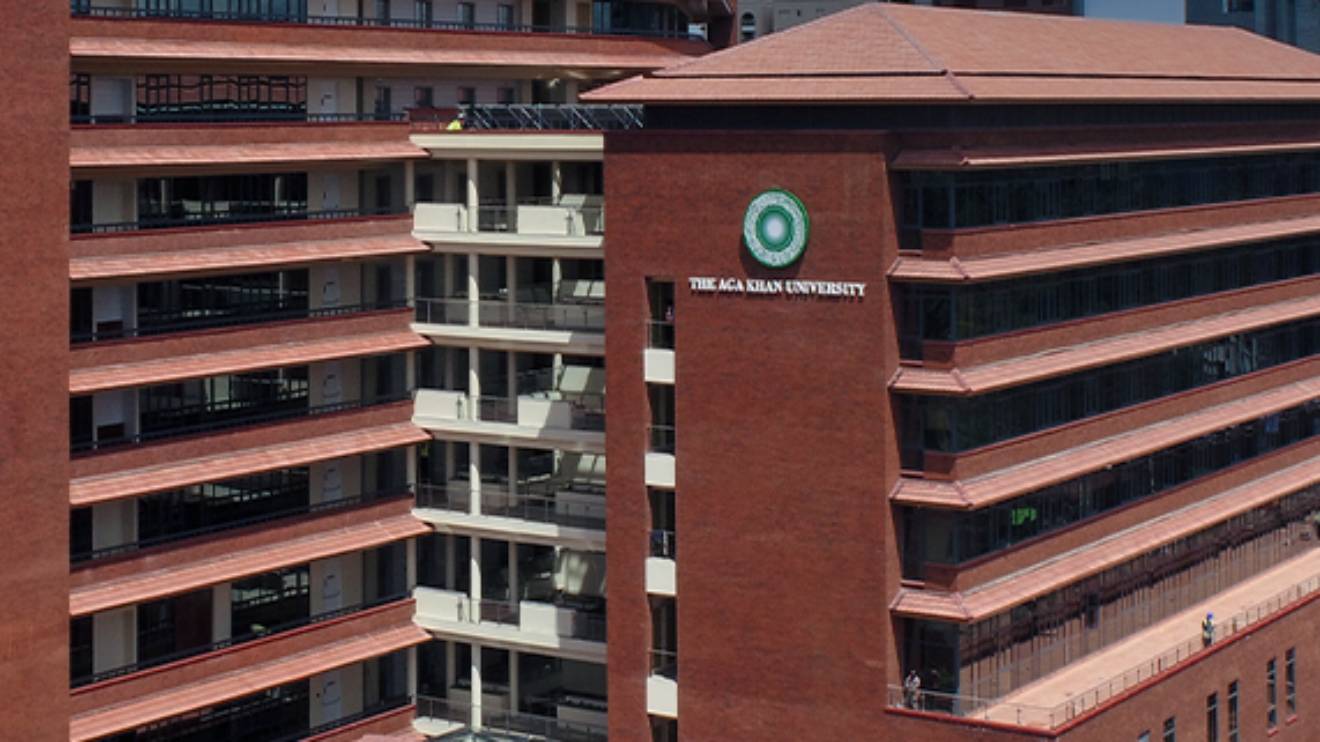Factory directors from the 54 factories managed by the Kenya Tea Development Agency (KTDA), will hold meetings to review and approve the factories’ annual audited accounts for the 2020-2021 financial year from September 20, 2021.
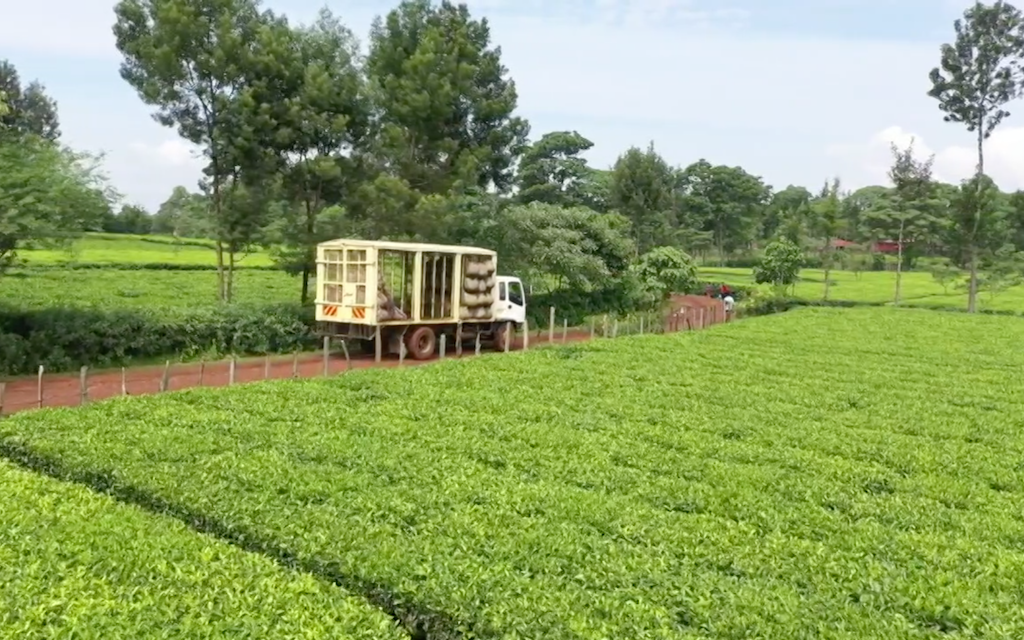 PHOTO/KTDA
PHOTO/KTDA
The meetings will be followed by a formal declaration of the second payment (bonus) that will be communicated to farmers through their respective factory companies.
Speaking ahead of the meetings, KTDA Acting Group CEO, Wilson Muthaura urged farmers to be patient as they wait for factory directors to complete the process.
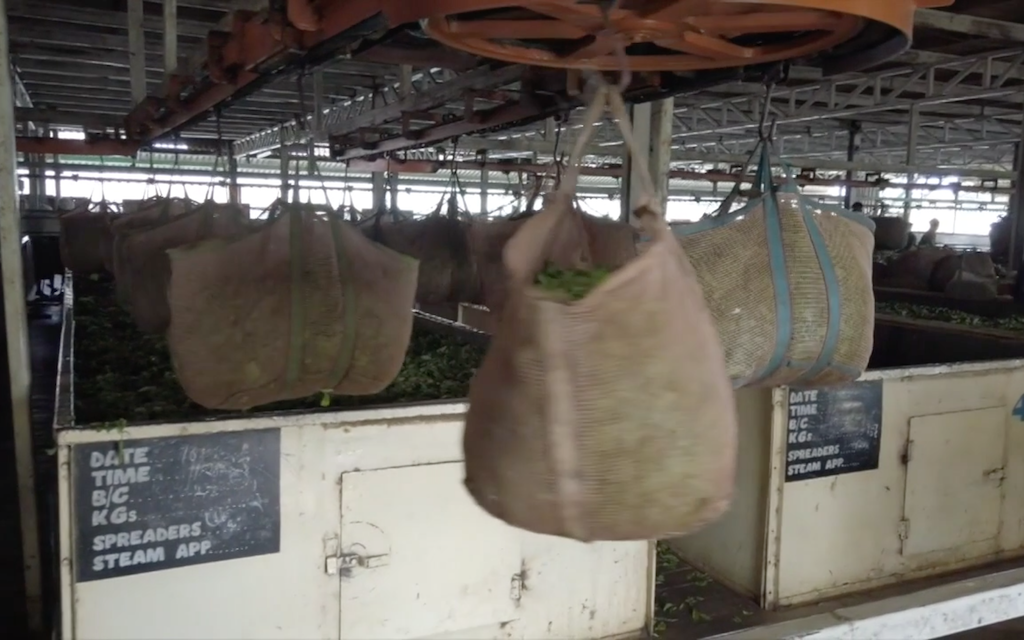 PHOTO/KTDA
PHOTO/KTDA
Read More
“Factory directors, as required by law, will meet to discuss the performance of their respective factory companies after which declarations on second payment rates to farmers will be formally announced. We urge farmers to be patient and wait for official communication from their respective factories," he added.
The performance of the factory companies comes on the backdrop of a 9% drop in CTC tea prices at the Mombasa Tea Auction from an average of US$ 2.38 financial year (2019-2020) to US$ 2.18 in the 2020-2021 financial year ending June 30, 2021.
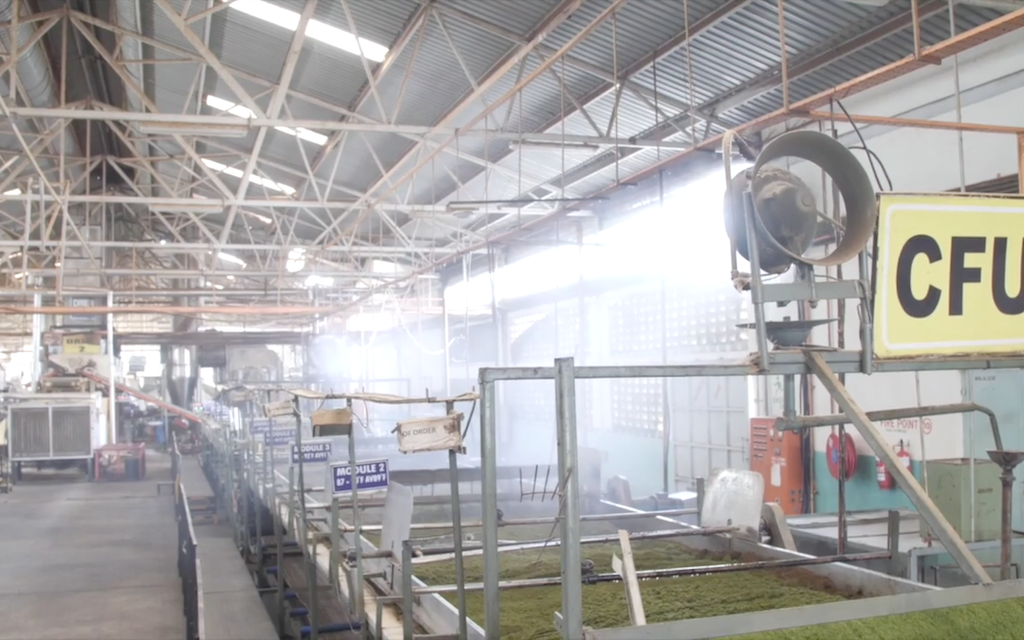 PHOTO/KTDA
PHOTO/KTDA
During the financial year under review, farmers delivered 1.28 billion kilos of green leaf to factories, a 14% drop from the record production of 1.45 billion kgs in the previous year (July 2019 to June 2020).
The drop in prices in the period under review was a continuation of a downward trend witnessed since 2018 as high production over the years has seen supply outstrips demand and tea processors carrying forward unsold tea stocks.
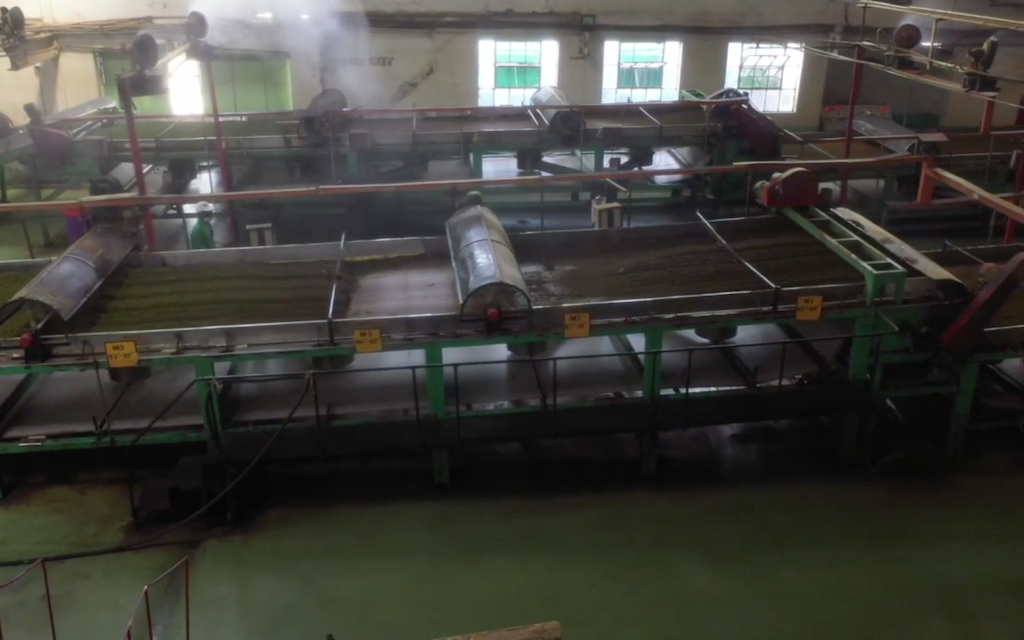 PHOTO/KTDA
PHOTO/KTDA
Factory companies pay different second payment rate per kilogram of tea delivered to the factory. This rate depends on the factory income for the year, costs of production and other related costs, as well as the average price of tea that the factory fetched at the market. The price is also dependent on the quality of the leaf delivered to the factory.
To mitigate against Kenya’s market concentration risk on black teas as well as overreliance on the four main markets of Pakistan, Egypt, the UK and Sudan which account for 70% of our tea exports, KTDA-managed factories have embarked on the production of orthodox teas that are gaining global popularity and fetching better prices.
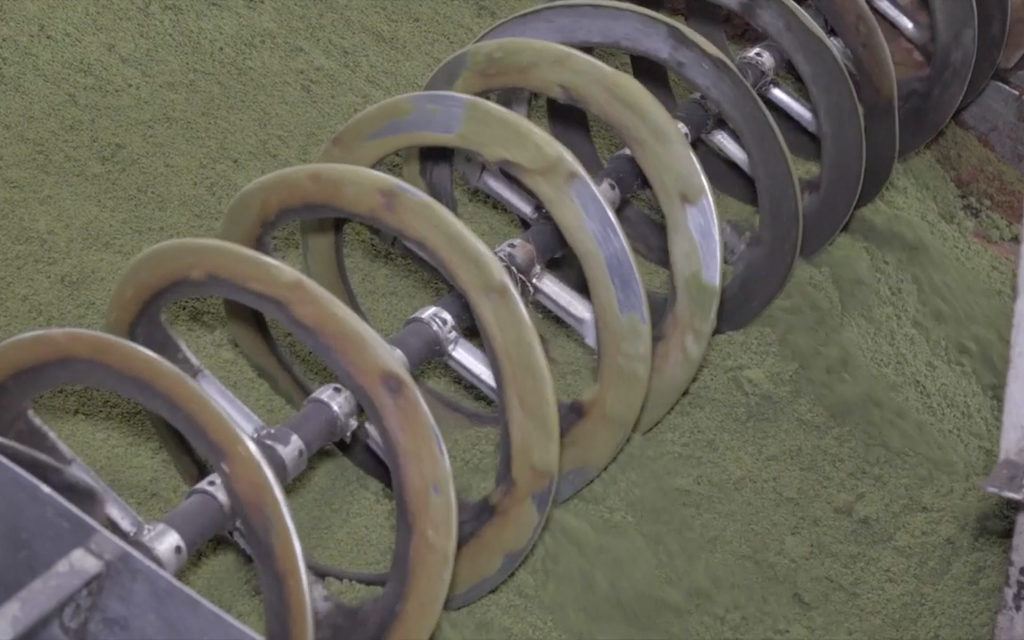 PHOTO/KTDA
PHOTO/KTDA
To further reduce ballooning energy costs, KTDA-managed factories are implementing energy efficiency changes that have seen the amount of energy used to produce a kilo of tea. Factories in some regions are also developing small hydropower stations to produce cheaper and more stable power supply.
The newly inaugurated KTDA Holdings board has put in place several measures to improve the welfare of farmers under the tea reforms agenda. One of these includes setting a minimum price for KTDA teas, a move that has led to improved tea prices at the market.
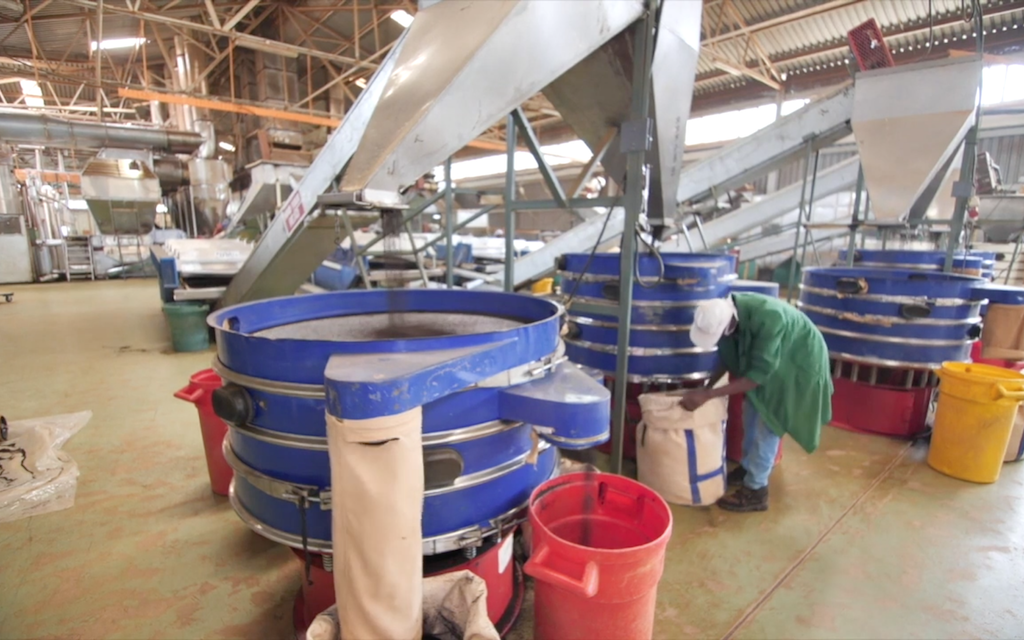 PHOTO/KTDA
PHOTO/KTDA
Already, prices of teas under the minimum reserve price have improved significantly, heralding better incomes for farmers at the end of the current financial year, ending June 2022.
The board has also spearheaded the supply of fertilizer to farmers and has further negotiated a Kshs 1billion subsidy from the government to cushion farmers from the high cost of the input.
The board and management continue to focus on farmer-centric initiatives that will endure farmers the best out of their tea business.
 PHOTO/KTDA
PHOTO/KTDA

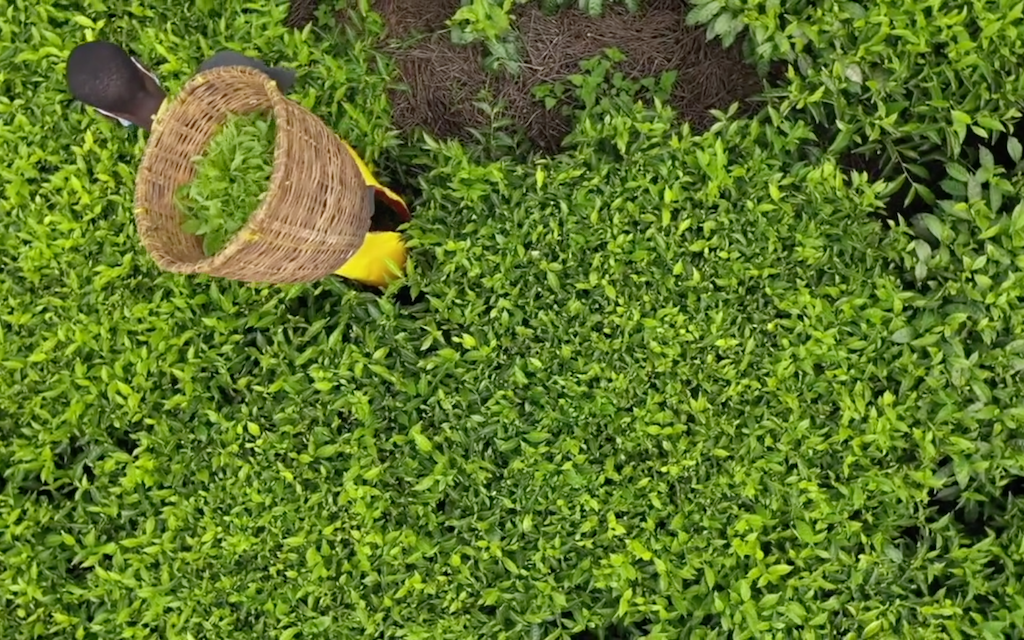


-1679766659.jpg)


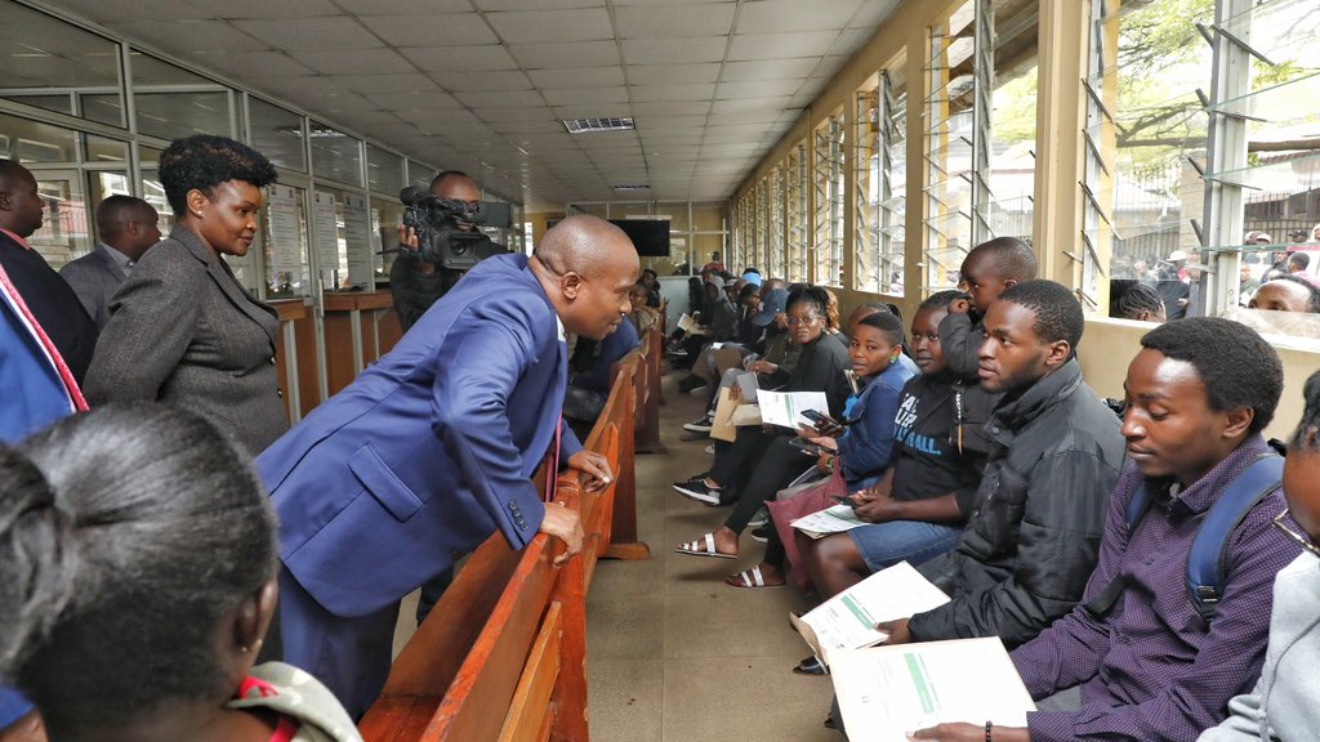
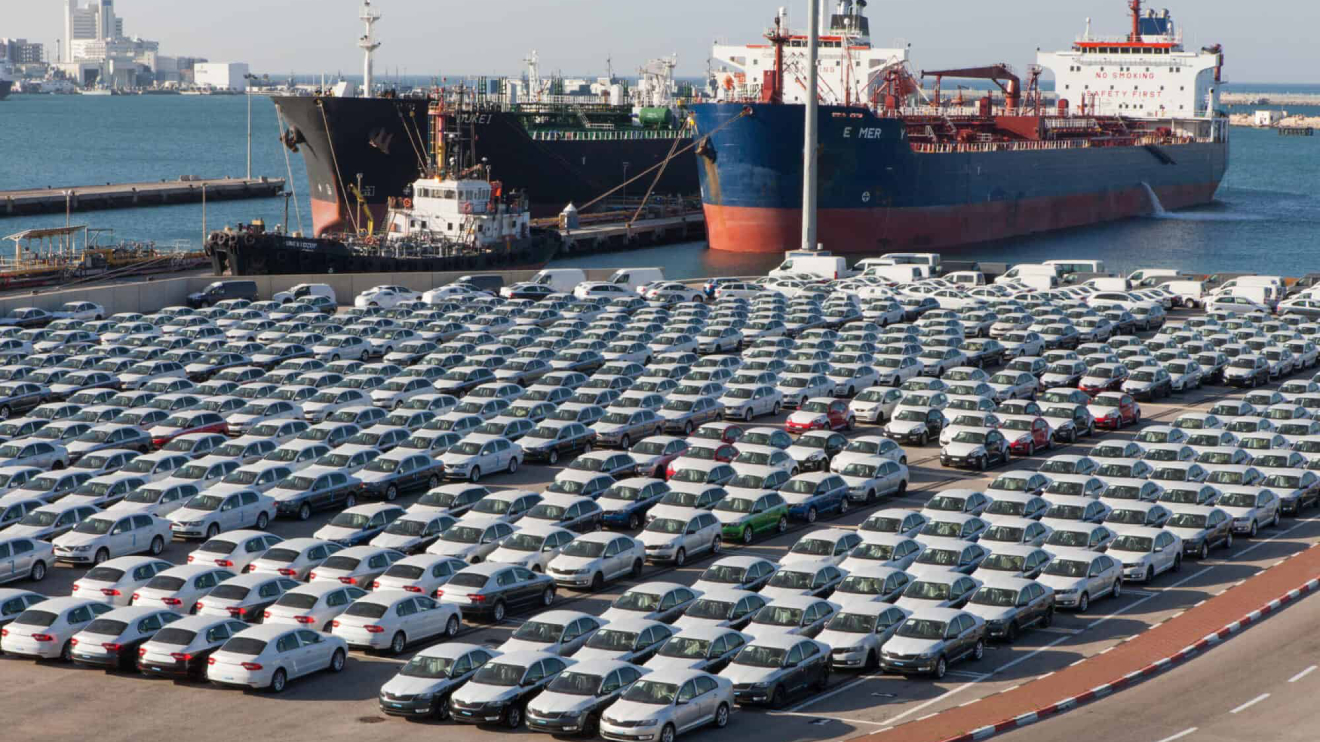
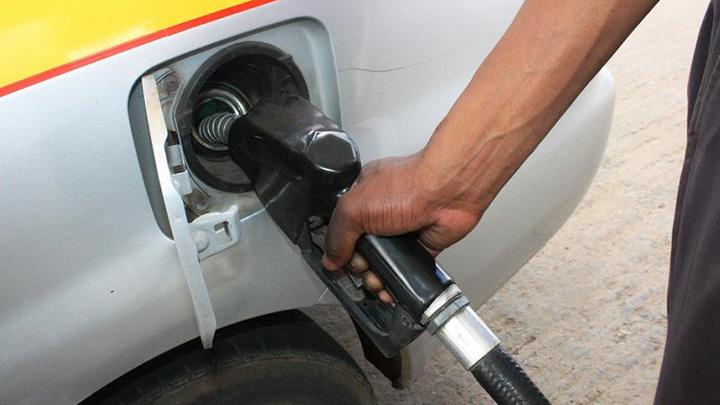
-1713890709.jpeg)
